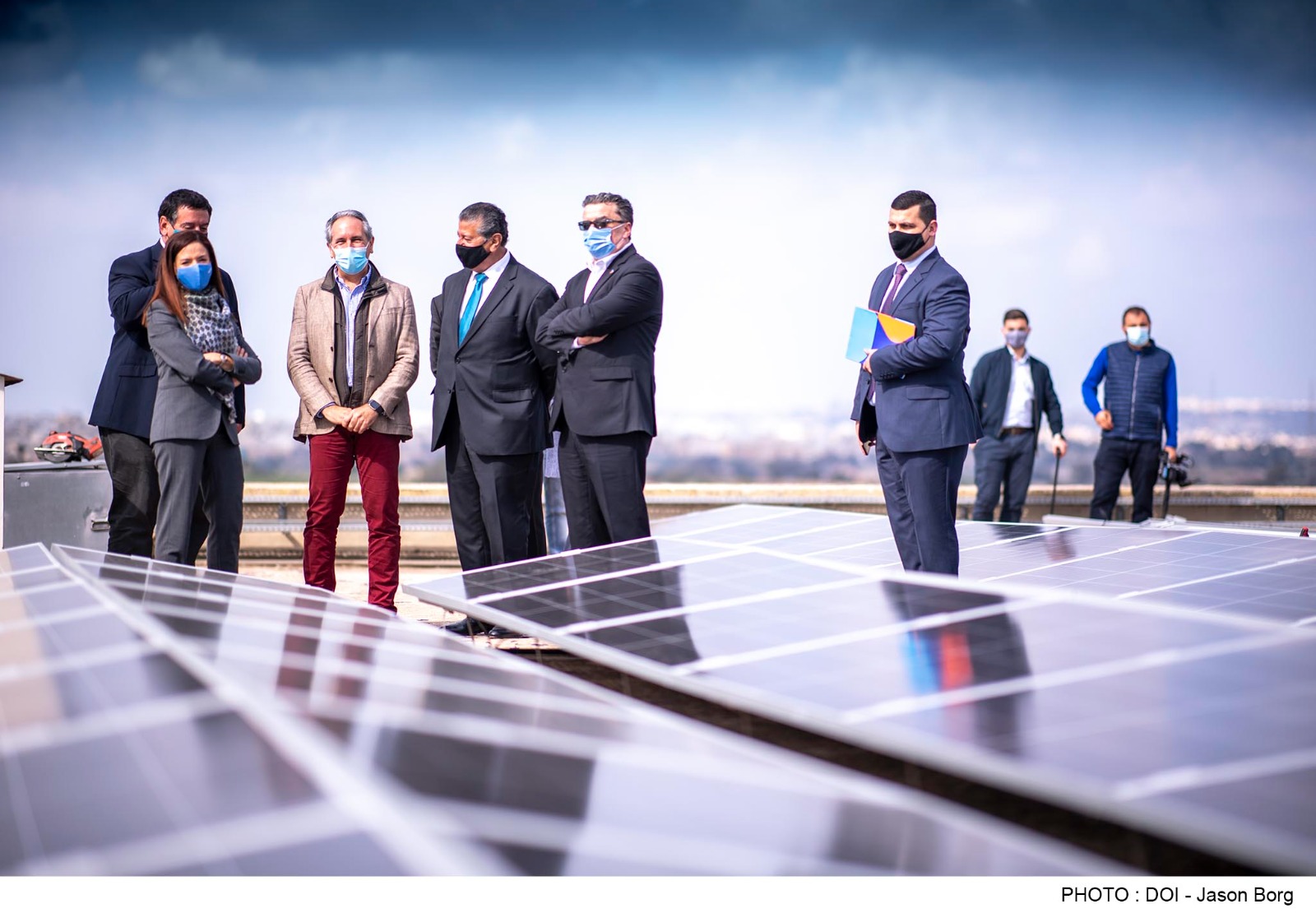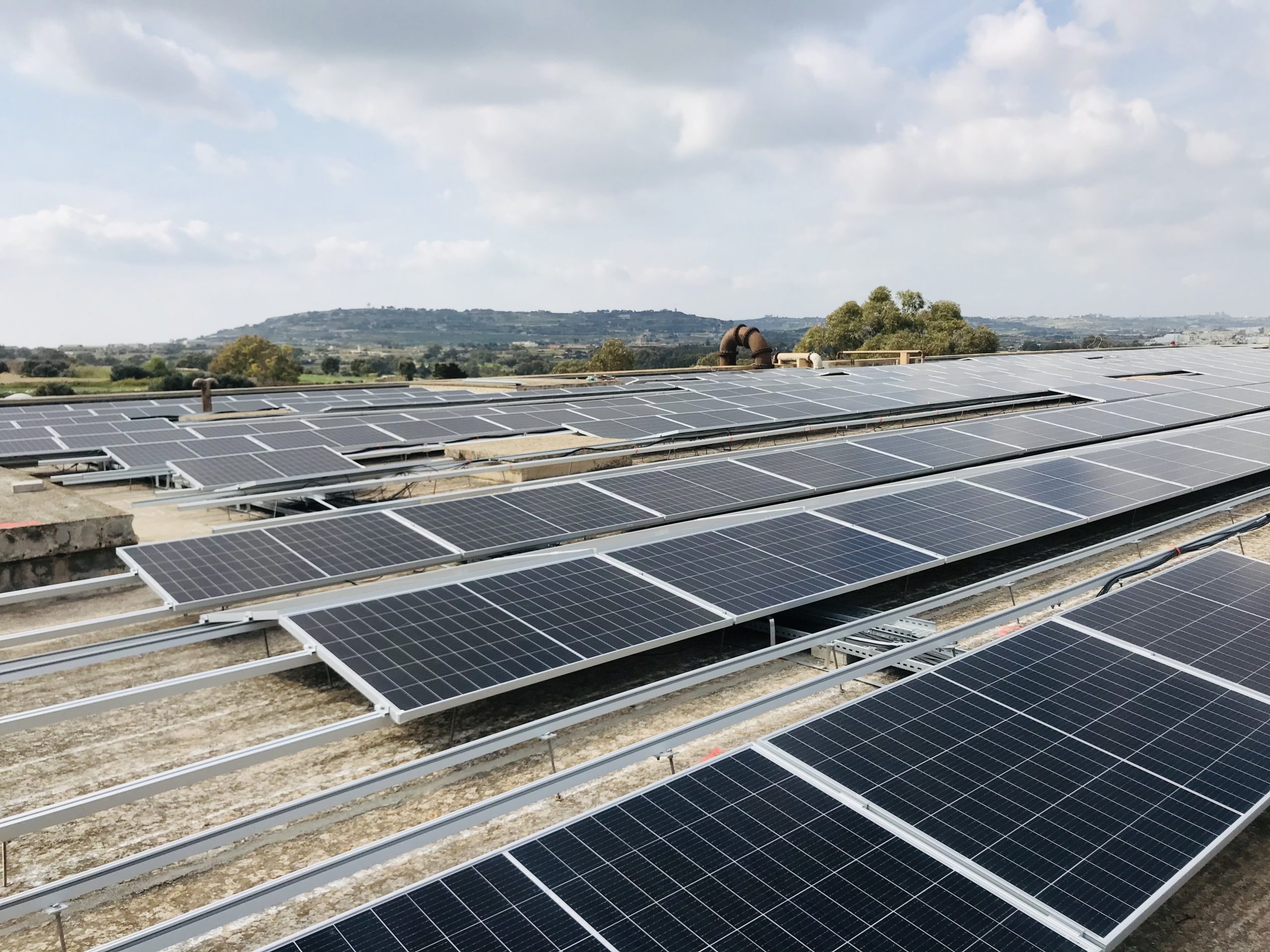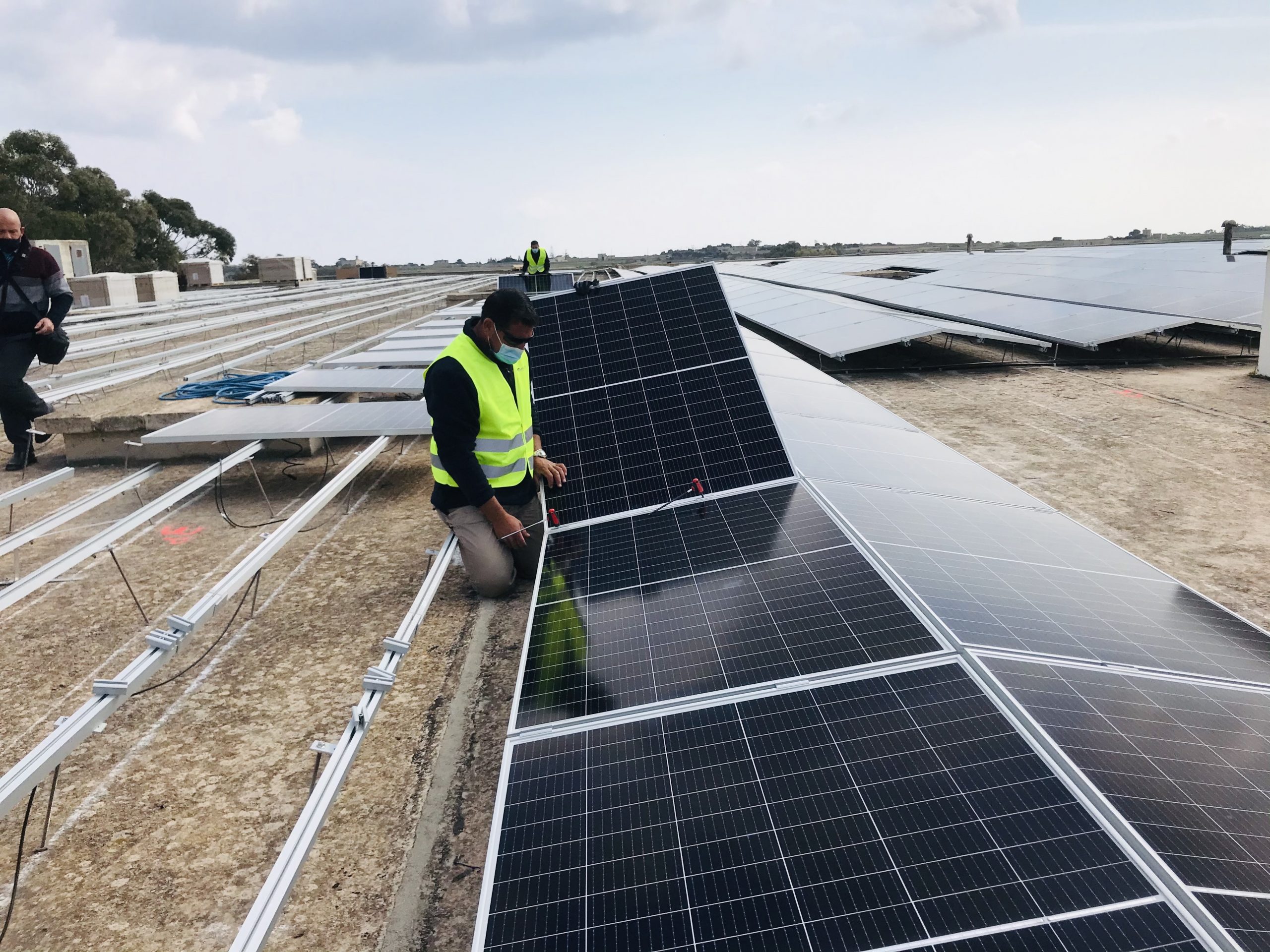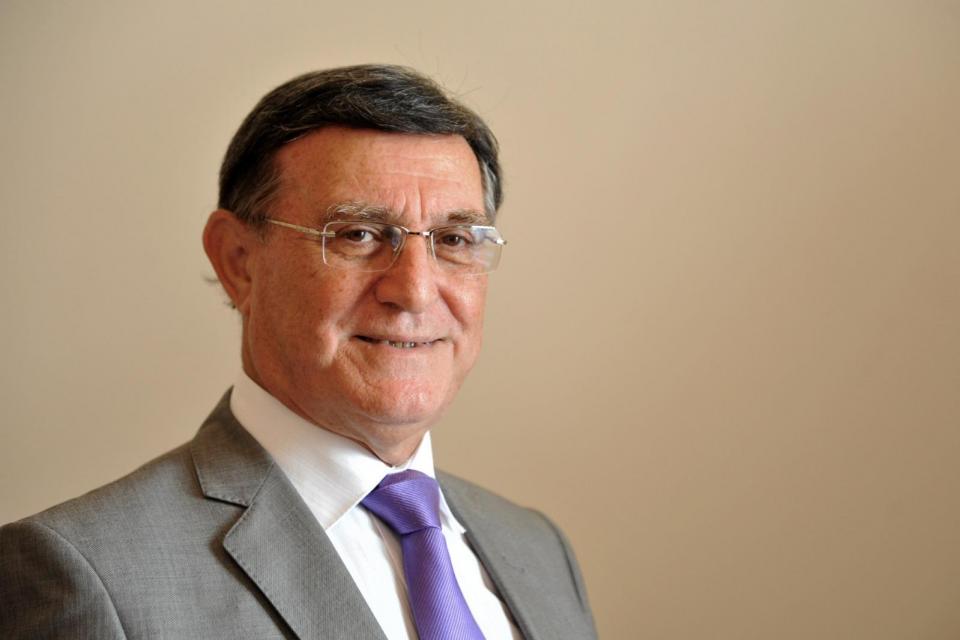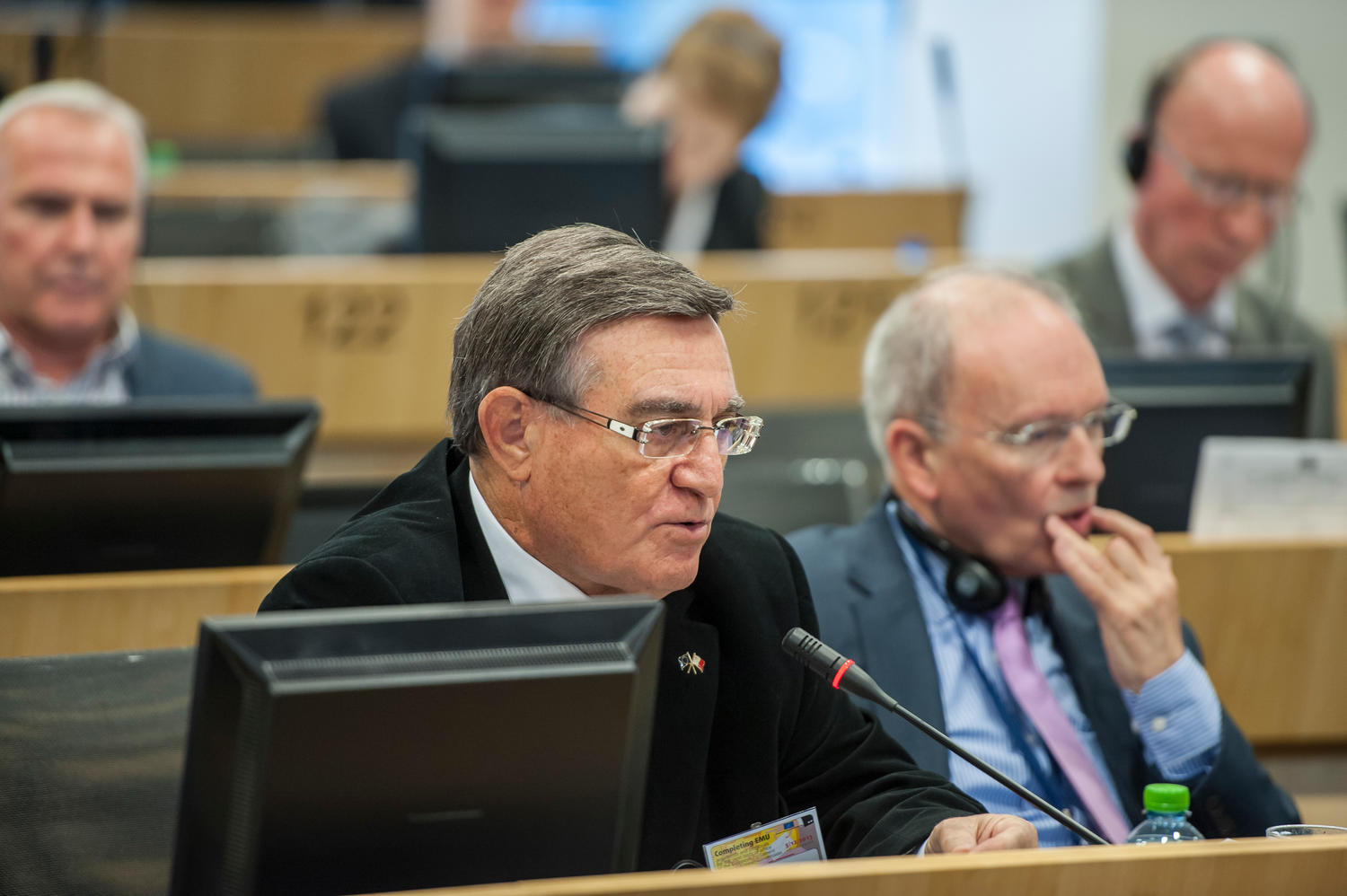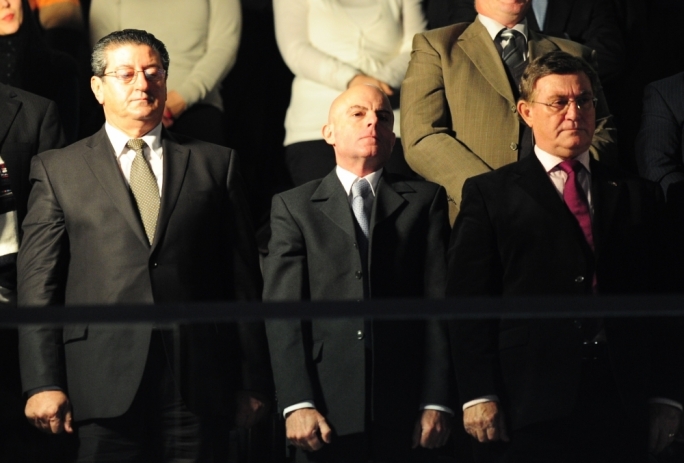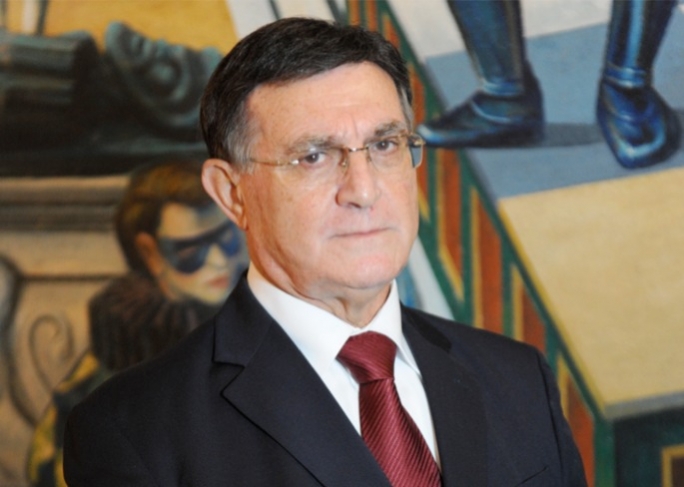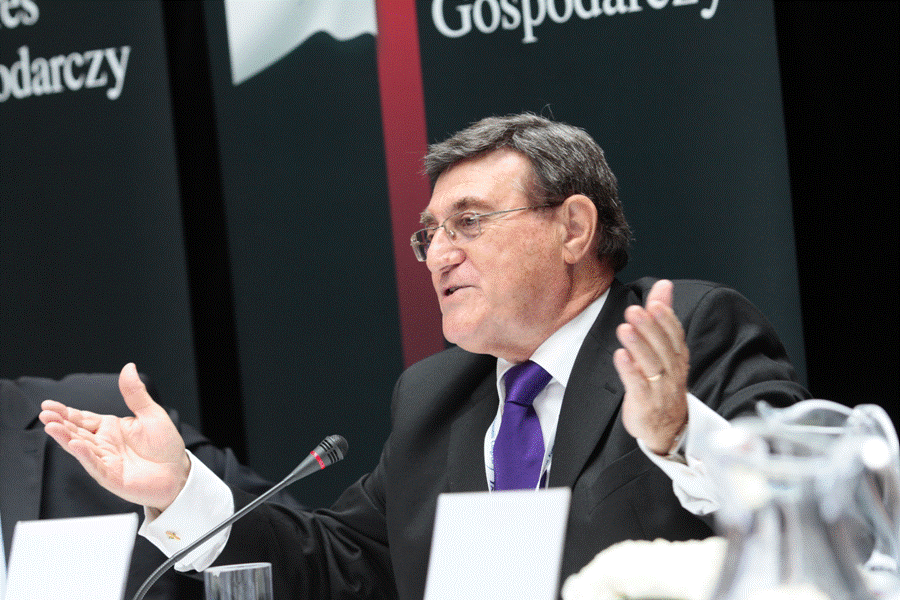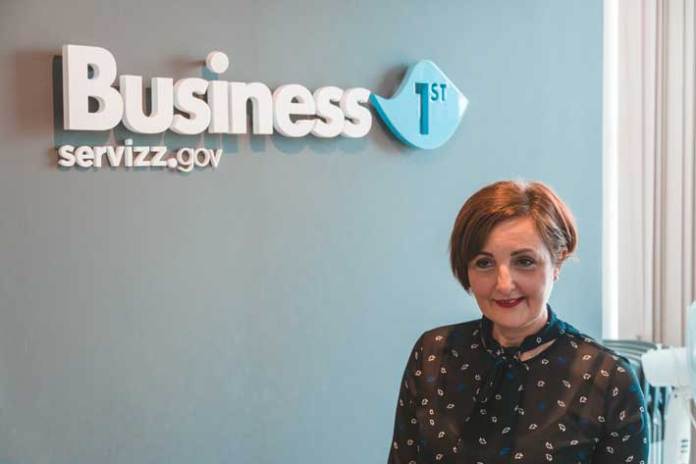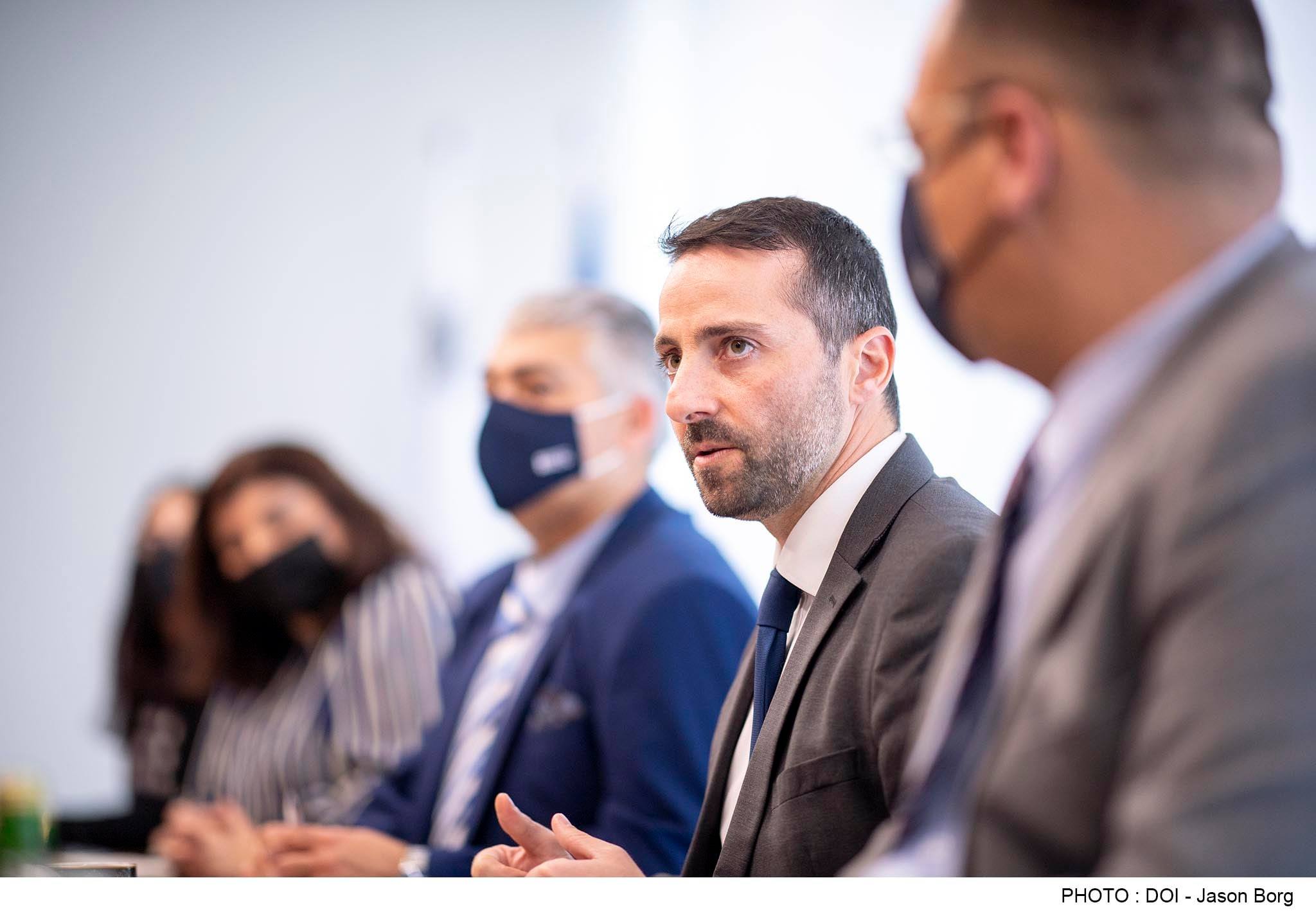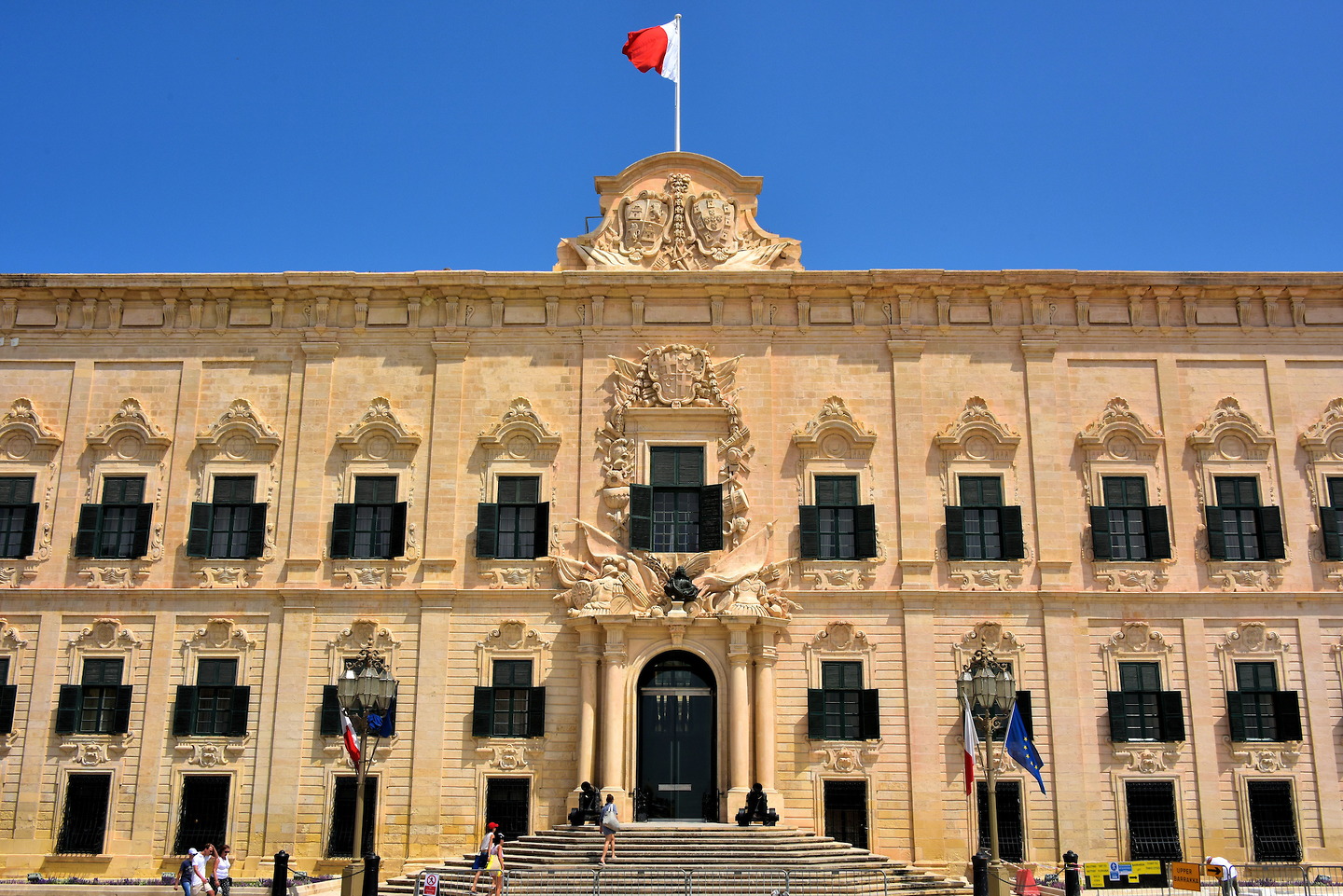Head of Policy Mr Andrew Aquilina participated on behalf of the Malta Chamber of SMEs

A hybrid conference to announce the results of a research initiative into the current situation of people with disabilities and employment in Malta, as well as the publication of Employment Guidelines in this regard was organised by CRPD on Friday 26th February.
This research aims to answer to provide a fact-based basis for a conversation to take place between employers and persons with disability, and should lead to changes in policy, legislation and support services to improve disabled people’s access to employment.
The research initiative forms part of the ESF 2.63 Project – Knowledge, Training, Communications and Support Measures in Support of Vulnerable Groups, while the beneficiary of this project is the Ministry for the Family, Children’s Rights and Social Solidarity (MFCS). The Commission for the Rights of Persons with Disability (CRPD) is a partner organisation in this project, and it was commissioned through a public tender to Ernst and Young (Malta), with Anne-Marie Callus as the key expert on disability.
In introducing the research project, Ms Samantha Pace Gasan Commissioner of the Rights of Persons with Disability, emphasised the importance of discussing the quality of jobs undertaken by persons with disability in Malta, rather than quantity. She insisted that this discussion is an opportunity to ensure that people with disability reach their full employment potential.
The conference was also addressed by Minister for Inclusion and Social Wellbeing, Julia Farrugia Portelli, Minister for Social Justice and Solidarity, the Family and Children’s Rights Michael Falzon and Opposition Spokesperson for Citizens Rights, Social Dialogue, Equality, NGOs, Consumer Protection, Youth & Sports David Agius.
It was also addressed by the Malta Chamber of SMEs Head of Policy Mr Andrew Aquilina who stated that the report shows a positive outcome that people with disability of employment, 92.3% were retained.
Aquilina insisted that the SME Chamber had proposed that the fines paid by employers when the 2% quota is not met, this would be converted into a fund, accessible for employers to make their work places more accessible., therefore ensuring a multiplier effect.
Carried out by EY, two separate surveys were conducted, with findings drawn from interviews with persons with disability, and interviews with employers.
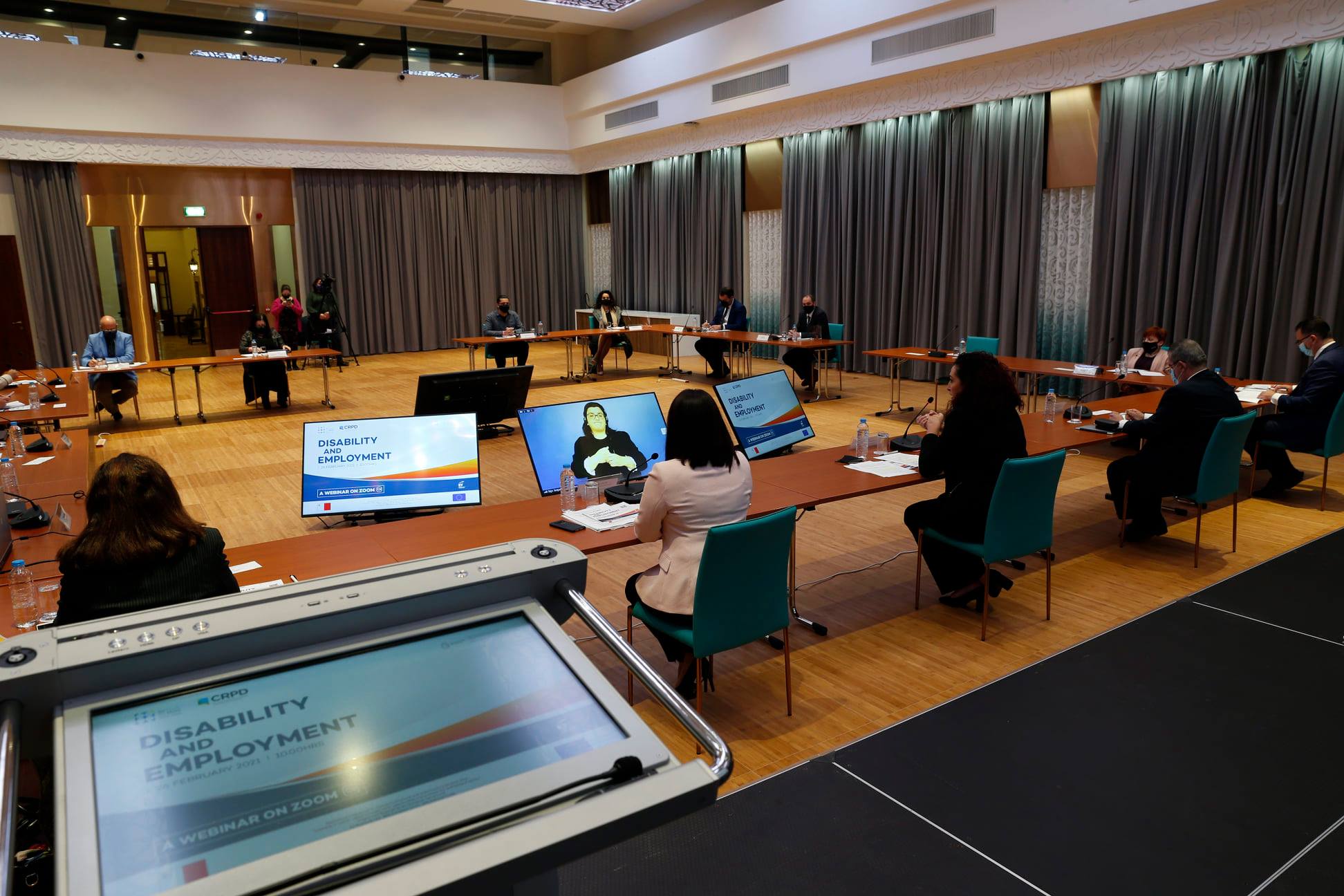
Overview of interviews carried out with persons with disability
In total, 336 persons with disabilities opted in and were interviewed through one-to-one interviews, with 206 being in employment, and the other 130 not being in employment at the time of the interview.
The overall cohort was composed of 185 male respondents and 151 females. A proportion of 61.3 per cent of respondents are currently in employment, whilst an additional 27.7 per cent used to work but are currently unemployed. Another 11 per cent have never worked.
Out of the total cohort of respondents with disabilities, 28.6 per cent of employed respondents have a physical impairment and 20.4 per cent of employed respondents have an intellectual impairment.
EY’s Simon Barberi, who presented the results, observed that findings indicate persons with a physical impairment are more likely to be in or find employment, as opposed to those with an intellectual impairment.
A proportion of 21.1 per cent of unemployed respondents have physical impairments and 31.4 per cent of unemployed respondents have intellectual impairments.
From the responses gathered, more respondents with mental health issues were unemployed (25.1 per cent of the unemployed sample) as opposed to the employed respondents with mental health issues (12.2 per cent of the employed sample).
Of those who are in employment, 35 per cent have a secondary level of education, 23.3 per cent have a post-secondary level and 28.6 per cent have a tertiary level of education.
It was observed that levels of education are lower among those respondents who are not in employment: 46.2 per cent have a secondary level, 15.4 per cent post-secondary and just under 7.7 per cent a tertiary level of education.
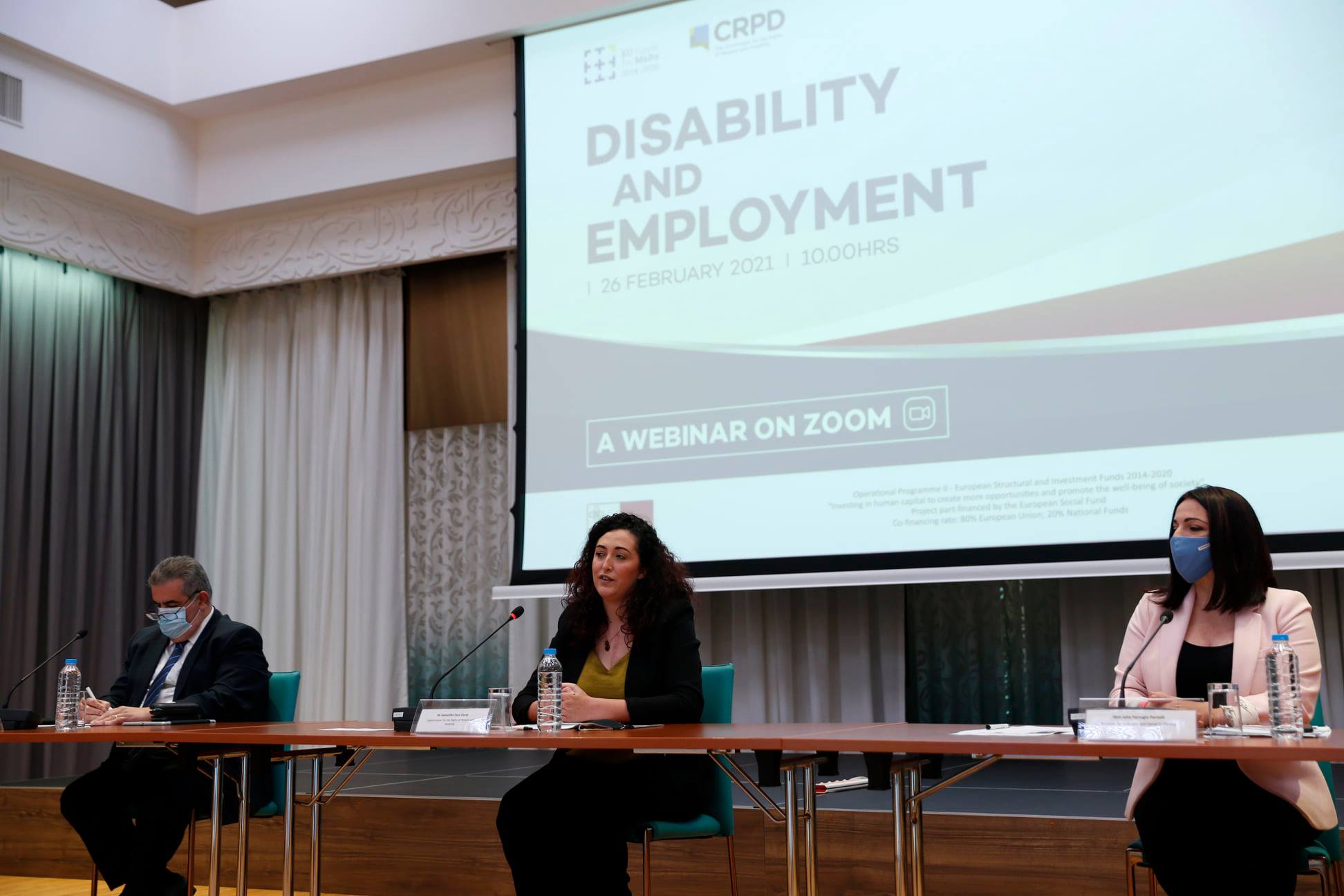
Most respondents expressed a positive opinion about their work, with 43.7 per cent of those employed saying they are happy to be working, and 35 per cent saying they are ‘very happy’.
Of those who are in employment, 24.8 per cent perform clerical duties. A proportion of 18.9 per cent are in elementary occupation/s, 14.6 per centare professionals and another 10.2 per centare at managerial level.
Consequently, these figures show that most respondents with disabilities are in lower-paid job categories. These statistics correlate with monthly incomes reported by research participants. Most commonly, the employees with disabilities’ average wage is (up to) €800 monthly, as reported by 37.9 per cent of currently employed respondents and 48.3 per cent of previously employed ones.
Currently employed and previously employed respondents were asked to identify what helped them find or retain employment. The reportedly most beneficial practice to find (or retain) employment is job coaching (chosen by 31.6 per cent of employed respondents and 22.3 per cent of previously employed ones). 30.1 per cent of employed respondents and 14.6 per cent of previously employed ones believe that training for employees is the second-best practice to find or retain employment.
Among the main factors considered when taking up a job or training placement by persons with disability are working conditions, transport, the possibility of teleworking and job likeability.
Main Findings from Interviews with Employers
One-to-one interviews were held with 52 employers. An additional three focus groups, two in Malta and one in Gozo, were also held. These were attended by a total of 28 employers’ representatives.
More than half (51.9 per cent) of the employers interviewed have not previously offered a job to a candidate with disabilities. The most commonly cited reasons for not choosing candidate(s) with disabilities include not considering the applicant fit for the job, having insufficient skills and knowledge for the role, insufficient qualifications, or due to having better candidates for the post. These reasons comprise just over 65 per cent of the employers interviewed
Of those who have offered jobs to candidates with disability, 84.6 per cent employed between one and 10 disabled employees over the past five years. Furthermore, only 3.8 per cent (i.e. two respondents) employed between 51 and 100 persons with disabilities.
During a focus group with employers, several key issues were identified. One issue that ranked highly was candidate with impairments who either do not idtendify themselves as persons with disability and/or do not want to register officially with Jobsplus as persons with disability. This creates administrative issues for employers seeking to meet the minimum 2 per cent quota for having persons with disability in the workforce, and also prevents them from appropriately catering for those employees’ specific needs.
In terms of creating physical access at the workplace for employees with disability, employers report that when using rented building, landlords are reluctant to cover the cost of providing adequate physical accessibility.
Recommendations
Through the research, several recommendations were presented – chief among which are:
- Drafting of a national strategy to highlight and address different factors related to the employment conditions of individuals with disabilities (including the job quality, remuneration, workplace-related environment, etc.);
- Providing individual career guidance for young students with disabilities to increase their chances of fulfilling their career potential whilst attending to their specific needs;
- Providing tailor-made job-coaching to all individuals with disabilities, to both assist unemployed persons with disabilities in securing employment as well as aiding those already in employment for purposes of career progression;
- Increasing the number of incentives and schemes which provide daily support and assistance to individuals with disability, especially in the case of transportation to and from the place of work;
- Increasing direct funding to companies employing individuals with disabilities to enable more investments in providing reasonable accommodation for employees, including the purchasing of assistive equipment and technology in the workplace;
- Increasing the frequency and effectiveness of training and awareness programmes/sessions on the inclusion of individuals with disabilities in different workplaces
